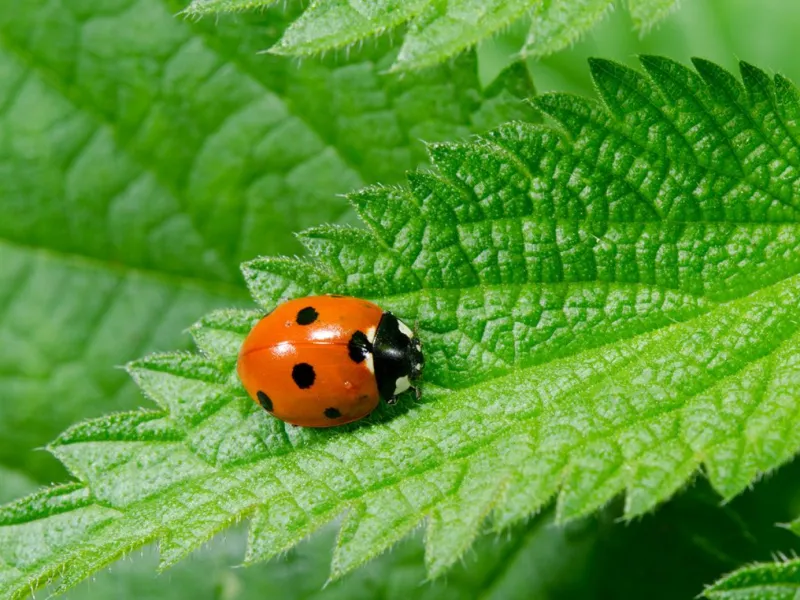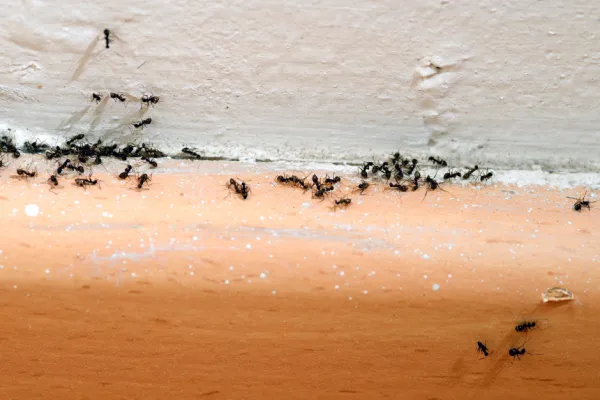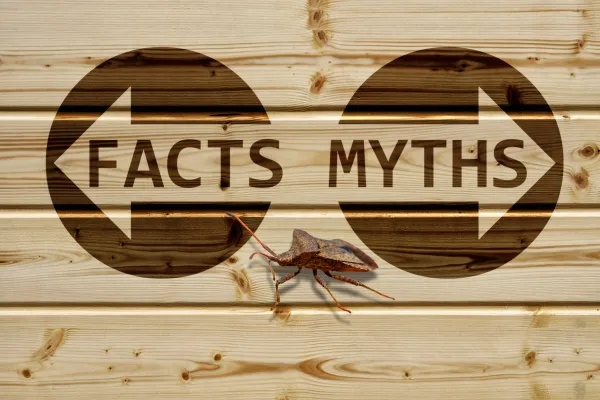Refresher on Integrated Pest Management

As the weather gets nicer and spring pests emerge in droves, now is the perfect time to brush up on your integrated pest management (IPM) knowledge. IPM is the approach that the Palmetto Exterminators team takes to our pest control measures, and it’s the one that many pest professionals agree is best.

What Is IPM?
IPM is a holistic approach to pest control. Rather than treating the symptoms of a pest control problem (i.e. mosquitoes swarming in your backyard), IPM looks at why the issue occurred in the first place, what pests are involved, what those pests’ biological behaviors and limitations are, and how to best remedy the problem in a manner that is sustainable and effective. IPM is the difference between removing a wasp or two and eliminating the entire nest.
How Does IPM Work?
According to the EPA, IPM “is not a single pest control method but, rather, a series of pest management evaluations, decisions, and controls.” In commercial settings, this is at least a four-part process.
The first step is to set action thresholds for pest control; isolated sightings of pests are not enough to trigger pest control action, but a swarm of a defined number is. After that threshold is reached, it’s time to investigate what other organisms are living in the infested area. We want to minimize harm to other plants and animals. Finally, pest control specialists work to prevent and control the active populations of damaging intruders. Before any action is taken, the potential pest control measures will be evaluated based on their risk and likelihood of success.
This is a summarized version of the IPM process; it can and does get more in-depth based upon the scale of the infestation, the type of pest(s), what other organisms are in the area, how the environment will be manipulated for long-term control, and other pest control factors.
What Makes IPM Different from Other Pest Control Approaches?
 Because IPM is about sustainable long-term pest control, the approach to problems is different. Not only does IPM treat the source of the problem, but it also attempts to implement structures that will prevent the same issues from occurring in the future, and it does this in a way that will cause the least amount of disruption or harm to the environment.
Because IPM is about sustainable long-term pest control, the approach to problems is different. Not only does IPM treat the source of the problem, but it also attempts to implement structures that will prevent the same issues from occurring in the future, and it does this in a way that will cause the least amount of disruption or harm to the environment.
IPM generally takes more time to implement than other forms of pest control, but its effects are longer-lasting, too. While anyone can spray pesticides, not everyone has the knowledge base to apply IPM principles correctly.
For more information on IPM and how this approach can eradicate your pest problems, contact one of Palmetto Exterminators’ professionals today.


